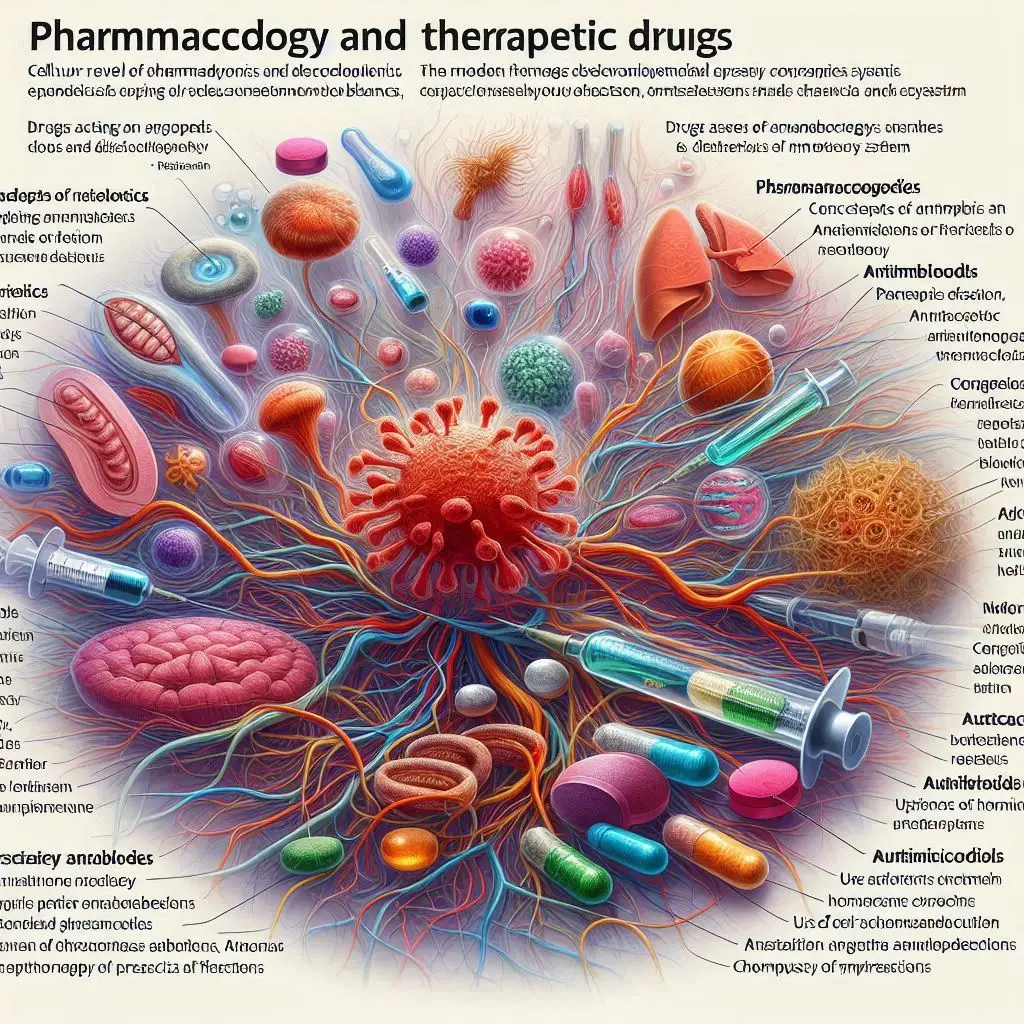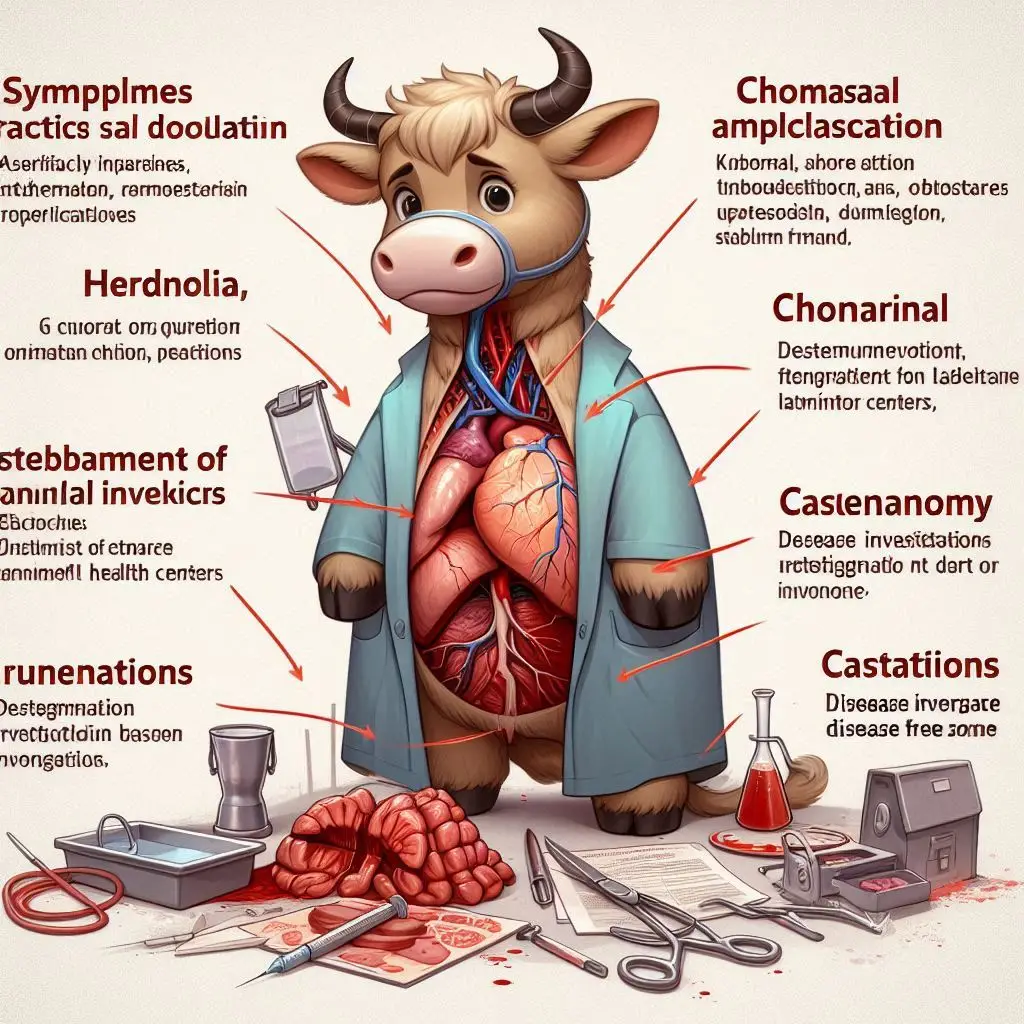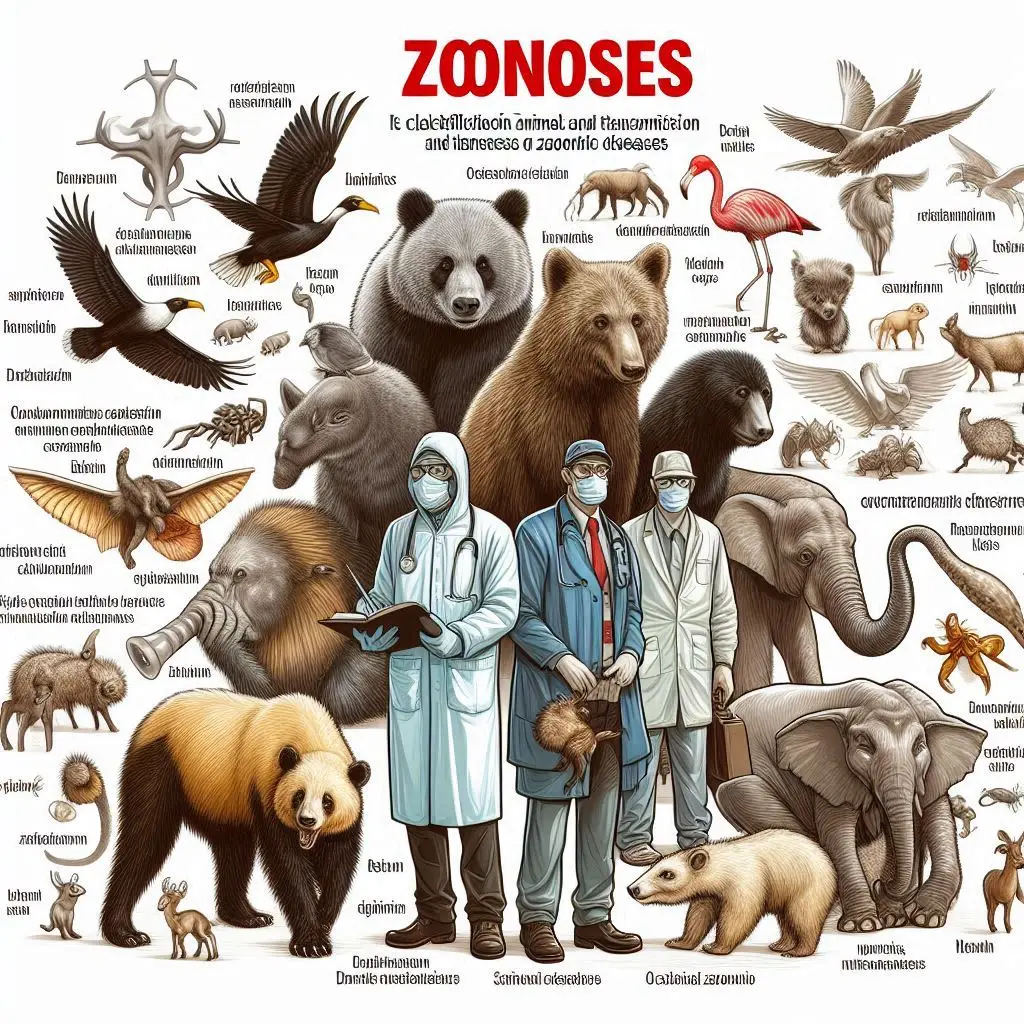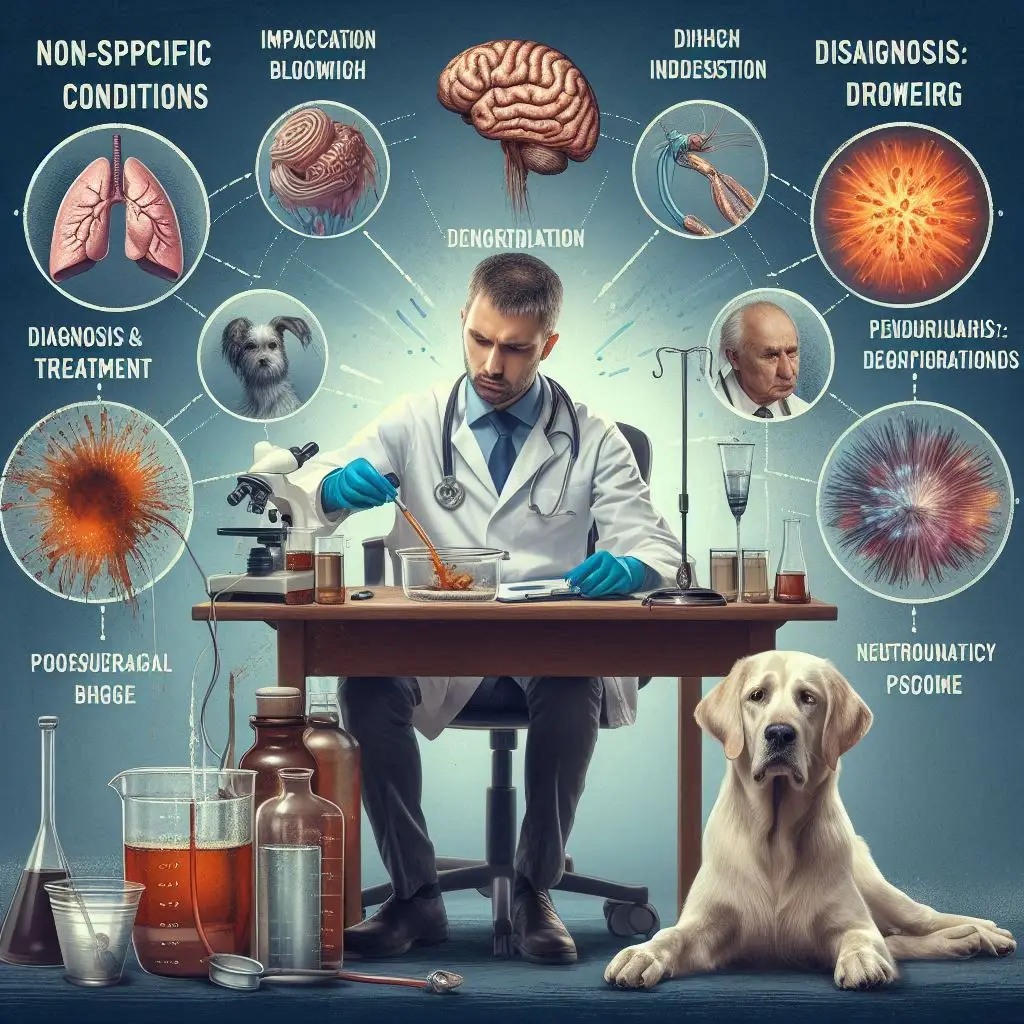Chemotherapy of parasitic infections

Introduction
Parasitic infections pose a significant global health challenge. They affect millions of people worldwide, particularly in tropical and subtropical regions. Chemotherapy plays a crucial role in managing these infections. This article will explore the types of parasitic infections, current treatment options, challenges in chemotherapy, and future directions in research.
Understanding Parasitic Infections
Parasitic infections are caused by organisms that live on or inside a host. These organisms can be classified into two main categories: protozoa and helminths.
Protozoa
Protozoa are single-celled organisms. They can multiply within the host, leading to severe illness. Common protozoan infections include:
- Malaria: Caused by Plasmodium species, malaria is transmitted through mosquito bites. It leads to fever, chills, and flu-like symptoms.
- Giardiasis: This infection is caused by Giardia lamblia. It spreads through contaminated water and causes gastrointestinal distress.
- Leishmaniasis: Transmitted by sandflies, this disease can cause skin lesions and affect internal organs.
Helminths
Helminths are larger, multicellular organisms, often referred to as worms. They can be classified into three groups:
- Nematodes (roundworms)
- Cestodes (tapeworms)
- Trematodes (flukes)
Common helminthic infections include:
- Schistosomiasis: Caused by Schistosoma species, this disease affects the urinary and gastrointestinal tracts.
- Ascariasis: This infection is caused by Ascaris lumbricoides, a type of roundworm that can lead to malnutrition and intestinal blockage.
The Role of Chemotherapy
Chemotherapy for parasitic infections involves using chemical agents to kill or inhibit the growth of parasites. The choice of drug depends on the type of infection and the parasite involved.
Common Antiparasitic Agents
- Chloroquine: Used primarily for malaria, chloroquine works by interfering with the parasite’s ability to digest hemoglobin.
- Metronidazole: This drug is effective against protozoan infections like giardiasis and trichomoniasis. It disrupts the DNA of the parasites.
- Albendazole: Used for treating various helminthic infections, albendazole inhibits the parasite’s ability to absorb glucose.
- Praziquantel: This medication is effective against schistosomiasis and other trematode infections. It causes paralysis in the parasites, allowing the immune system to eliminate them.
- Ivermectin: Used for treating lymphatic filariasis and onchocerciasis, ivermectin works by paralyzing the parasites.
Combination Therapies
In some cases, combination therapies are used to enhance efficacy and reduce resistance. For example, artemisinin-based combination therapies (ACTs) are the standard treatment for malaria. These combinations help to ensure that the parasites are effectively eradicated.
Challenges in Chemotherapy
Despite the availability of effective treatments, several challenges hinder the successful management of parasitic infections.
1. Drug Resistance
One of the most pressing issues is drug resistance. Over time, parasites can develop resistance to commonly used medications. For instance, resistance to chloroquine has been widely documented in malaria. This resistance complicates treatment and increases the risk of severe disease.
2. Side Effects
Many antiparasitic drugs have side effects. Patients may experience nausea, vomiting, and abdominal pain. In some cases, severe allergic reactions can occur. These side effects can lead to poor adherence to treatment regimens.
3. Accessibility
Access to effective chemotherapy remains a challenge in many low-income countries. Limited healthcare infrastructure and high drug costs can prevent patients from receiving timely treatment.
4. Diagnosis
Accurate diagnosis is crucial for effective treatment. However, many parasitic infections present with nonspecific symptoms. This can lead to misdiagnosis and inappropriate treatment.
Future Directions in Research
The need for new and effective treatments for parasitic infections is urgent. Researchers are exploring several avenues to improve chemotherapy options.
1. Drug Development
New drug development is essential to combat resistance. Researchers are investigating novel compounds that target specific parasite pathways. For example, compounds that inhibit the synthesis of essential fatty acids in parasites show promise.
2. Vaccine Development
Vaccination could provide a preventive approach to parasitic infections. While several vaccine candidates are in development, challenges remain in achieving effective immunity. A successful vaccine could significantly reduce the burden of diseases like malaria.
3. Genomic Studies
Advancements in genomic studies are helping scientists understand parasite biology. By identifying unique genetic markers, researchers can develop targeted therapies. This precision medicine approach could enhance treatment efficacy.
4. Public Health Initiatives
Improving public health initiatives is crucial for reducing the incidence of parasitic infections. Education on prevention, sanitation, and access to healthcare can significantly impact infection rates.
Conclusion
Chemotherapy plays a vital role in managing parasitic infections. While effective treatments exist, challenges such as drug resistance, side effects, and accessibility remain. Ongoing research is essential to develop new therapies and improve existing ones. By addressing these challenges, we can enhance the management of parasitic diseases and improve global health outcomes.
For more pearls of Vets Wisdom:
https://wiseias.com/partitioning-of-food-energy-within-animals/






Responses